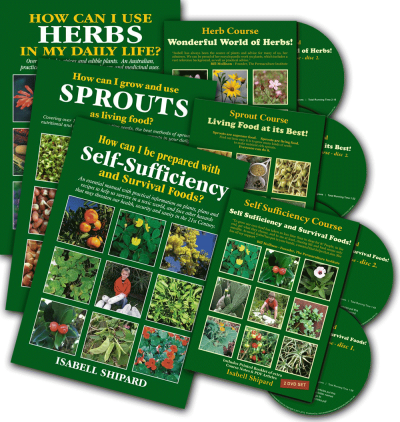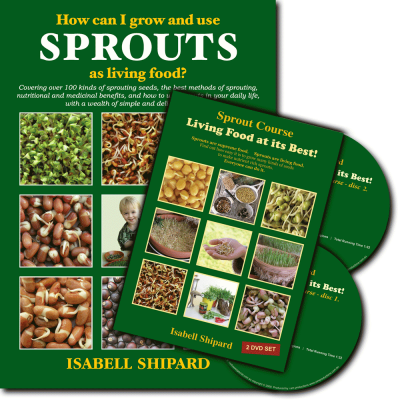Acidosis:
a condition in which the pH of the body’s fluids becomes excessively acidic, which occurs when the body’s intake and production of acid residue exceeds its ability to adequately eliminate it
Anabolic agent:
stimulates muscular growth by promoting the metabolic transformation of nutrients into building blocks of muscles through molecular synthesis
Antifatigue:
affects endocrine system and hormone function as well as nervous system and nerve function due to its ability to prevent and/or relieve fatigue
Antihyperglycaemic:
affects endocrine and hormone function due to its ability to reduce or control high blood sugar, which is predominantly the responsibility of the pancreas.
Anti-hypertensive:
affects both the endocrine system and the nervous system due to its ability to prevent and/or treat high blood pressure
Anti-inflammatory:
affects the immune system and reactivity due to its ability to counteract inflammation
Antioxidants:
are phytochemicals that render free radicals harmless and stop the chain reaction formation of new free radicals; and may play a significant role in reversing many of the effects of ageing and disease
Anti-spasmodic:
affects nervous system and nerve function due to is ability to prevent or relieve spasms of muscles
Atherosclerosis:
a process in which fatty substances (cholesterol and triglycerides) are deposited in the walls of arteries, causing lack of elasticity in the artery walls due to thickening and calcification
Assimilation:
the incorporation of food into living tissue
Cancer:
a complex disturbance of cells in our body, which mutate and then begin an uncontrollable proliferation
Cancerolytic:
a substance that fights and kills cancer cells
Candida albicans:
a yeast, common in the intestinal tract which can produce chronic overgrowth and adversely affect many bodily functions
Carcinogen:
cancer-producing substance or agent
Cardioprotective:
a substance that protects heart muscles
Cardiotonic:
has a toning and strengthening affect on the heart
Cardiovascular:
pertaining to the heart and blood vessels
Circulatory:
pertaining to the heart, blood vessels, and the circulation of blood
Chronic:
a physiological or pathological condition which is prolonged, lingering, recurrent, and which becomes more disabling with time, as opposed to an acute condition which is usually severe but of short duration
Co-enzyme Q10:
(also known as ubiquinone) provides enzyme action to promote energy in the heart and cells, has the ability to fight free radicals, and helps preserve the antioxidant vitamin E
Coenzyme:
a necessary non-protein component of an enzyme; usually a vitamin or mineral
Colic:
spasm of any tubular or hollow organ with associated pain
Colitis:
inflammation of all or part of the colon
Colon:
that part of the large intestine or smaller bowel, extending from the caecum to the rectum. It is comprised of ascending, transverse, descending and sigmoid segments
Decoction:
a herb tea made by boiling (simmering) 1 cup boiling water and 2-3 teasp. fresh cut herb (or 1 teasp. dried) for 3-5 minutes
Depuration:
clears and purifies the system, particularly the blood
Diet:
the food and drink a person regularly eats on a daily basis. A specific diet may have a specific requirement eg. gluten free, low cholesterol, low kilojoules
Digestion:
the process by which food is changed chemically in the gastric system so that its nutrients may be utilised by the body
Diverticulitis:
an acute condition marked by inflammation and/or infection of diverticula on the walls of the colon
Enzyme:
a complex organic substance capable of speeding up biochemical processes in the body
Expectorant:
affects immune system and reactivity due to its ability to facilitate the removal of the secretions of the bronchopulmonary mucous membrane, and cause expulsion of mucous from the respiratory tract
Fibre:
intercellular structure of seeds and plants, which dilute carcinogens in the colon and speeds them through the digestive system, discouraging growth of harmful bacteria, while bolstering healthy ones
Flavonoids:
plant pigments that exert various physiological effects in the human body
Free radicals:
are cellular killers which cause havoc by damaging DNA, altering biochemical compounds, corroding cell membranes, destroying enzymes and cells outright
Haemopoietic:
blood forming, helps formation of blood cells
Heptoprotective:
protects liver and gall bladder
Hypoglycaemic:
blood sugar reducer
Infusion:
tea made with 2-3 teasp. of finely chopped fresh herb (or 1 teasp. dried) and 1 cup boiling water, stir for several seconds. Leave to steep (stand) 2-3 minutes before drinking
Irritable Bowel Syndrome:
a condition marked by abdominal pain, bloating, gas and tenderness along the colon and also alternating attacks of constipation and diarrhoea
Latrogenic:
a condition inadvertently caused by a doctor or his/her practices, or caused by the drugs prescribed
Life-force:
the energy that is able to create life. In seeds, the ability to sprout demonstrates ‘life-force’ within them
Lignin:
woody skeletal components of plant life. It is unaffected by digestion, does not absorb moisture, and passes through the intestinal tract unchanged
Lyrate:
lyre-shaped
Metabolic:
a general term to designate all chemical changes, which occur to substances within the body
Metabolism:
the physical processes and chemical reactions occurring within a living cell or organism, that are necessary for life, including, but not limited to the burning of fuel (kilojoules) to produce heat and energy
Mucilaginous:
the state of being moist, viscid, slimy, slippery of the nature of mucilage
Neuromuscular stimulant:
reinforces the bone structure and muscular tissues
Ovate:
egg shaped
Perennial:
a plant lasting more than one season or year, for an indefinite length of time
Phytoestrogens:
plant compounds that exert oestrogen-like effects
Pulses:
edible seeds of leguminous plants
Saponins:
are glycosides with a distinct foaming characteristic, found in many plants and seeds
SOD:
(Superoxide dismutase) an enzyme that is able to engulf and digest bacteria, protozoa, cell debris, and is important to the immune system
Thrombolytic:
a substance that acts as a blood clot buster
Trifoliate:
with the formation of three leaflets, like clover
Toxin:
a substance that increases the risk of pain, disease and cancer in the body
Vulnerary:
affects the immune system and reactivity due to its ability to heal and treat wounds


